The enjoyment of reading: Is our youth deprived of this pleasure? (Editorial)
THE ART OF READING: Leisurely reading is a beneficial process, but also an aspect of students’ lives that they overlook. Prioritization should be focused on creating not only the most successful version of yourself, but also the happiest version of yourself, both of which reading creates.
There comes a point in time where no matter how organized and on top of things a student might be, they are forced into prioritization. Unfortunately, reading during leisure time falls off the to-do list in most cases.
This occurs for many reasons but the top two reasons are probably some form of lack of time or lack of interest due to the reading material given out during the school year. If a student is constantly bombarded with novels that they either have no interest in whatsoever or that they genuinely cannot understand due to ancient English, they cannot be blamed for finding “better” things to do in their free time. That is, if they have any free time to begin with.
Despite the fact that reading a book for fun doesn’t cross the average teenager’s mind, it does have many proven benefits. Through in-depth research, many of these positive aspects are unfolded.
An article by USBC lists a common top 10, some of which are: mental stimulation, stress reduction, knowledge, vocabulary expansion, memory improvement, stronger analytical thinking skills, improved focus and concentration, better writing skills, and tranquility.
If one thing can catch a high school student’s attention, it is the possibility of doing better in school. With eyes on the future, academic success is a huge stressor and a reason why they lack the time for reading.
However, if the benefits can apply to doing better in school, it might be persuasive enough for a change in thought process. At this age, many English class-related assignments have to do with essays, presentations, interviews, etc. A benefactor of reading is an expanded vocabulary list which can work to make a student sound more sophisticated and possibly achieve a higher score.
Although reading should be encouraged, teachers and staff should take into consideration that they would have to cut back on other work to leave time for even the slowest of students to complete their reading. Adding reading on top of existing work would discourage them and make it continue to feel like a hassle.
Another huge factor of schooling is memorization, whether it be labeling the human anatomy, learning formulas, remembering a song without the sheet music, or many other things. This vital skill can be improved by using a little bit of free time to pick up a book.
An article by Healthline discovered a case study that went as follows: “Researchers used functional MRI scans to measure the effect of reading a novel on the brain. Study participants read the novel Pompeii over a period of 9 days. As tension built in the story, more and more areas of the brain lit up with activity.”
How can increased brain activity sound like a bad thing? To me, that sounds like it gives the ability to grow and learn. This article also happened to mention stress relief, increased ability to empathize, prevention of age-related cognitive decline, alleviation of depression symptoms as well as a better night’s rest. All of the side effects to using your free time effectively and work to improve physical and mental health, which is a major concern in our youth.
I may be biased due to the fact that I enjoy reading when it is a book of my choice and would love to take time to pursue that activity. This trait of mine is no secret, and I have noticed a common question.
“How did you get into it? I feel like I have never enjoyed it.”
A frequent answer of mine might be you just haven’t found the right book or genre, but I also had my mother read to me before bed every night when I was younger.
An article by Real Simple explored science-based evidence leading to “a report from Scholastic suggests that reading out loud to kids throughout their elementary school years may inspire them to become frequent readers—meaning kids who read five to seven days per week for fun.”
As someone who has experienced this science-backed assumption, I can vouch for the influence it has on a child. For those who might have lost hope in their reading career but are looking to place their future children in a better position to enjoy it, read to them a little bit every day. The benefits are numerous and can help with academics, health, and overall quality of life. School-issued books should not be reason enough to deter students away from a source of entertainment.
Disclaimer: Articles designated as “Editorial” represent the views and opinions of the author, not the 2020-2021 Periscope staff, CHS/CASD administration, or the CHS student body.
Want to help the Herd? Please consider supporting the Periscope program. Your donation will support the student journalists of CHS and allow us to purchase equipment, send students to workshops/camps, and cover our annual website hosting costs.

Heidi Heinlein is currently a sophomore at Carlisle High School. This is her second year as a staff member for Periscope. She is a co-editor of the perspectives...




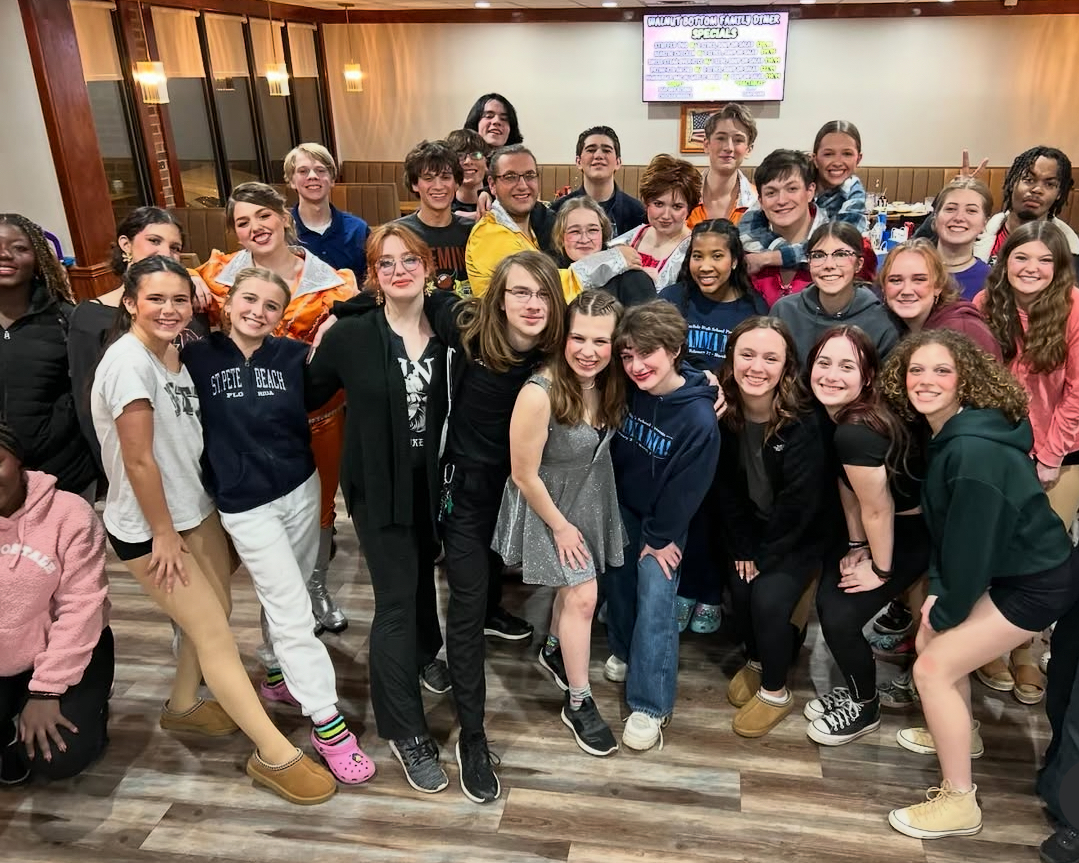

















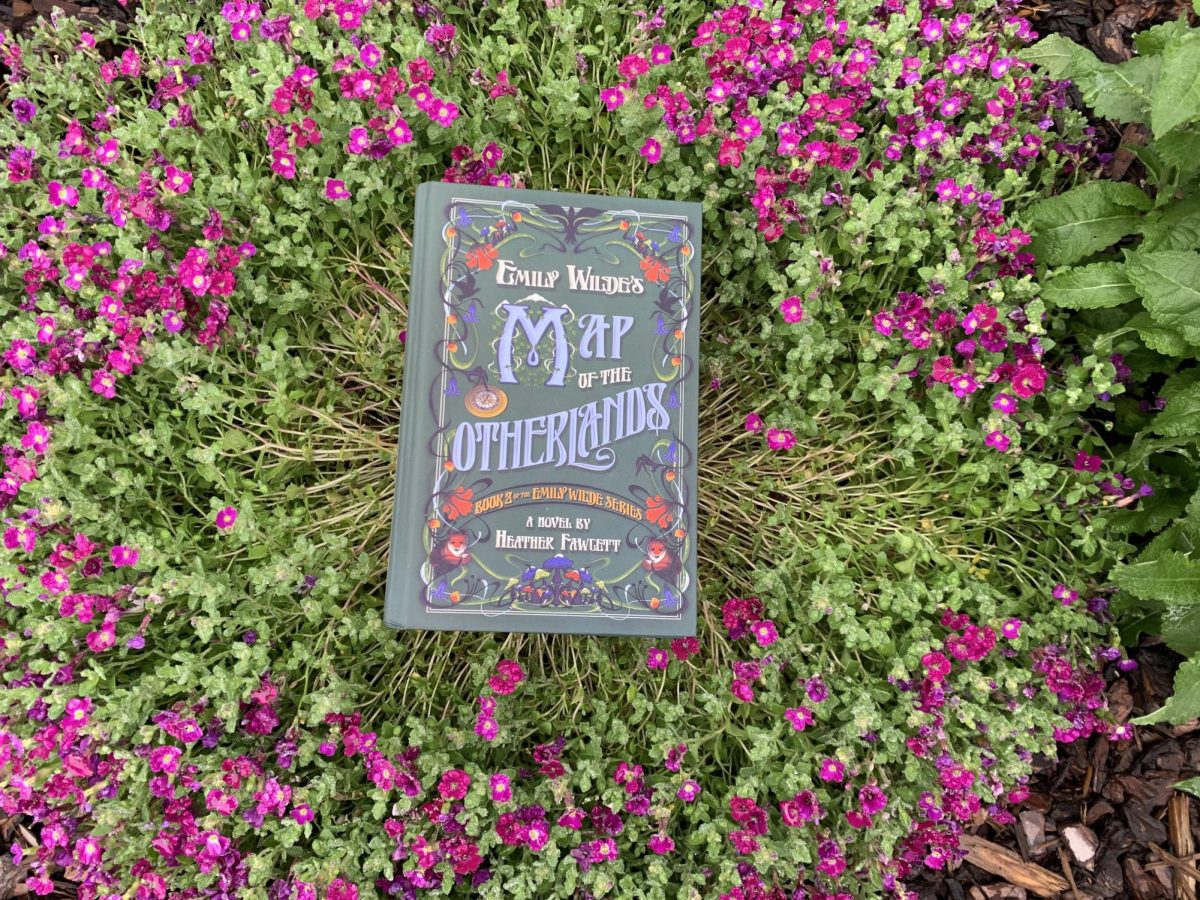






































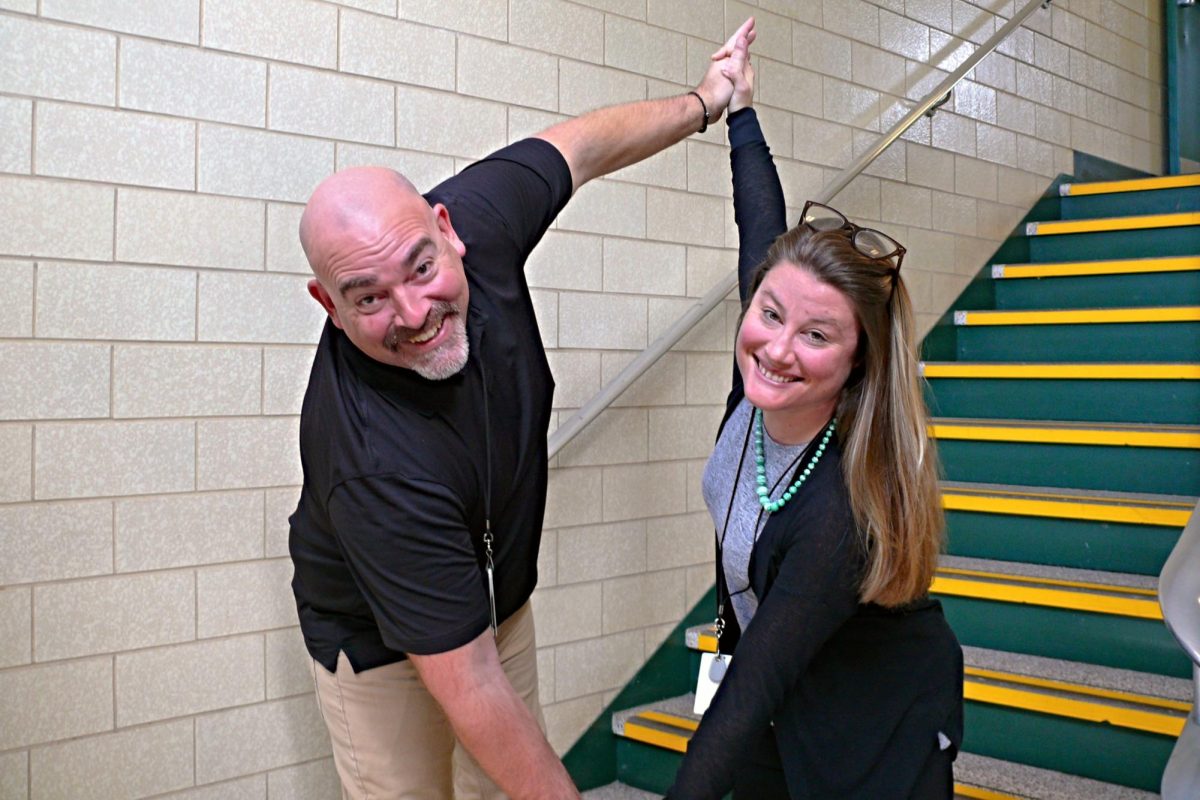

































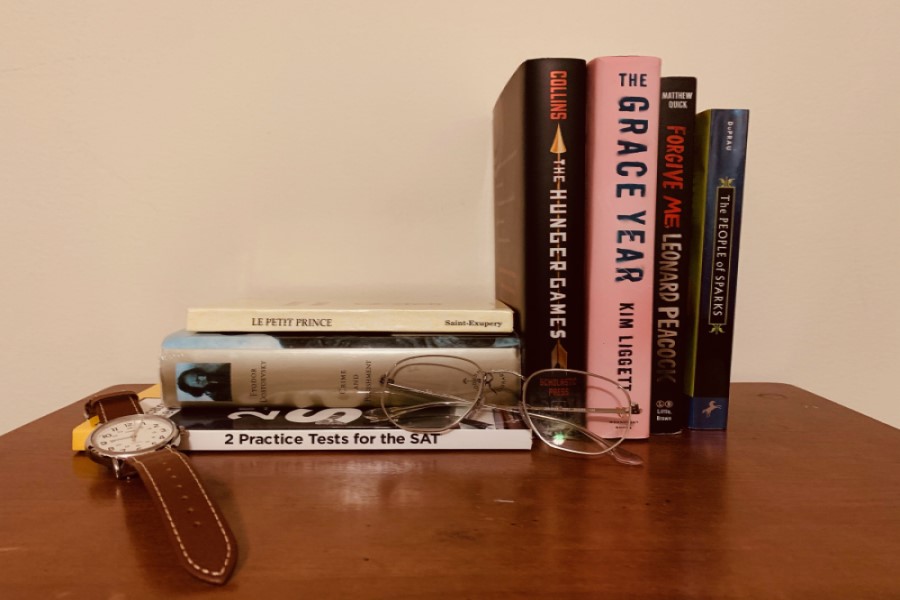

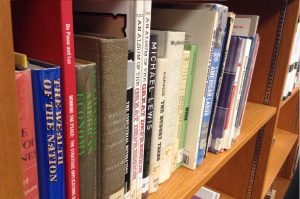


Megan • Nov 3, 2021 at 1:36 pm
I didn’t realize until I read this that I have no time to leisurely read anymore :’). I am going to binge a bunch of books now, thank you.